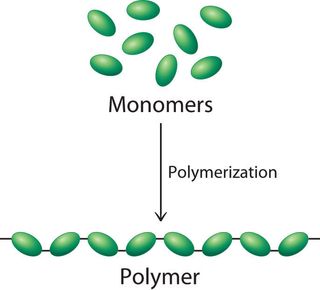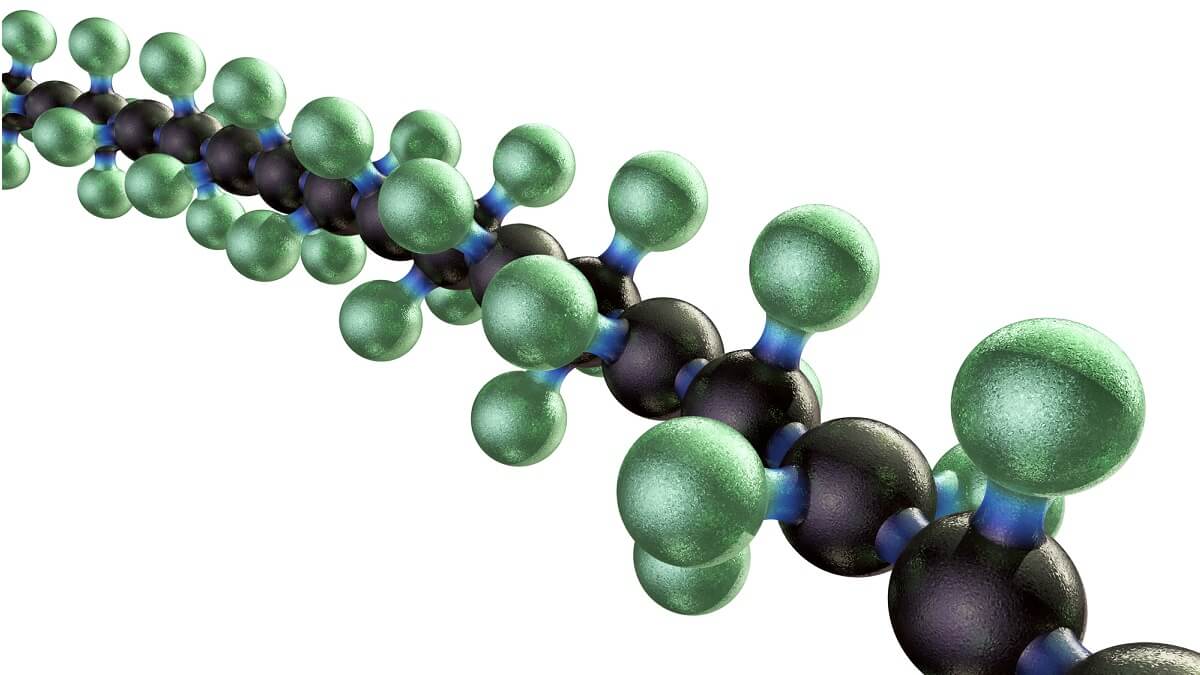Customized Polymers: Tailored Solutions for One-of-a-kind Applications
Customized Polymers: Tailored Solutions for One-of-a-kind Applications
Blog Article
Checking Out the Varied Applications and Advantages of Polymers in Different Industries
Polymers, with their varied series of residential properties and functionalities, have become essential in different markets, each enjoying special take advantage of their application. Polymers. From improving security and performance in the automotive sector to revolutionizing medical tools in the medical care sector, polymers play an essential function. Additionally, their green nature is changing the landscape of sustainability methods. As we explore the depths of polymers in electronics, we reveal sophisticated technologies, while their architectural integrity transforms the realm of building and infrastructure. The prevalent influence of polymers across industries is a testimony to their convenience and flexibility, shaping the future of countless sectors.
Automotive Market Applications
Polymers play a critical duty in enhancing the performance and durability of different parts within the automobile field. These flexible products are thoroughly utilized in the production of various components, ranging from indoor parts to under-the-hood applications. One popular usage of polymers in the auto industry is in the manufacturing of light-weight components. By replacing typical steel parts with polymer-based options, lorries can achieve improved fuel effectiveness without endangering on strength or safety.

Medical Care Market Benefits
In various medical care applications, the benefits of making use of polymers are extensively identified for their diverse range of beneficial buildings. Polymers play an essential role in the healthcare industry due to their flexibility, biocompatibility, and cost-effectiveness. One of the primary advantages of polymers in medical care is their capacity to be customized to certain demands, such as versatility, toughness, and biodegradability, making them suitable for a large range of medical applications.
Polymer-based materials are thoroughly made use of in medical devices, such as catheters, implants, prosthetics, and drug distribution systems, due to their biocompatibility and capacity to imitate natural cells. These materials can decrease the threat of allergies or rejections, improving client safety and end results. In addition, polymers are lightweight, making them suitable for wearable clinical devices and ensuring person comfort.
In addition, polymers allow the growth of ingenious therapy methods, such as hydrogels for cells design and nanocomposites for targeted medication distribution. Their ease of handling and sanitation makes them important for keeping high standards of hygiene in medical care settings. In general, the varied advantages of polymers contribute substantially to advancements in medical modern technology look at this website and patient care.
Ecological Advantages of Polymers

Additionally, polymers can contribute to power cost savings as a result of their light-weight nature. In sectors such as transport, light-weight polymer products can help in reducing fuel consumption and greenhouse gas emissions. Additionally, polymers can enable the development of energy-efficient products such as insulation materials that improve energy conservation in buildings.
In addition, polymers play a crucial role in reducing water pollution. The use of polymer-based filtration systems can effectively remove toxins and pollutants from wastewater, securing water resources and ecosystems. On the whole, the ecological benefits of polymers make them important assets in advertising sustainability and green methods across numerous markets.
Polymers in Electronic Devices and Technology
Thinking about the raising need for cutting-edge and sustainable remedies in modern industries, the integration of innovative polymer modern technologies in the world of electronic devices and innovation has become an essential approach for driving effectiveness and efficiency. Polymers have reinvented the electronics industry by making it possible for the manufacturing of lighter, much more flexible, and resilient digital tools. From mobile phones to clinical devices, polymers play a critical function in enhancing product style and functionality.
One substantial benefit of polymers in electronics is their protecting residential properties, which aid safeguard delicate digital parts from environmental aspects and electrical interference. Furthermore, polymers are important in the growth of adaptable screens, wearable innovation, and published electronic devices, using limitless opportunities for creating clever and interconnected devices.
In addition, using polymers in electronic product packaging has resulted in innovations in miniaturization and thermal monitoring, improving the total performance and integrity of digital systems. As modern technology continues to progress, the flexibility and flexibility of polymers will definitely drive additionally innovation in the electronics market, forming the future of innovation.
Duty of Polymers in Building And Construction and Framework
The integration of sophisticated polymer materials in construction and infrastructure jobs has revolutionized the way frameworks are made and constructed in modern times. Polymers supply countless advantages in the construction market because of their flexibility, longevity, and cost-effectiveness. One crucial duty of polymers in construction is their use in coatings and sealers, giving defense against ecological elements such as moisture, UV radiation, and deterioration. Additionally, polymers are made use of in the manufacturing of lightweight and high-strength composite materials, enhancing the architectural honesty of structures while decreasing general weight.
Furthermore, polymers play a critical function in sustainable building and construction practices by enabling the growth of energy-efficient frameworks. Insulating products made from polymers assist regulate interior temperatures, reducing the need for home heating and cooling systems and inevitably decreasing energy usage. Moreover, using polymer-based composites in facilities projects such as bridges and roads enhances their longevity and reduces upkeep prices. In general, the incorporation of polymers in building and construction and framework displays their substantial impact on my company modern-day design techniques.
Verdict
Finally, polymers play an essential role in numerous sectors such as auto, healthcare, environmental, electronic devices, and building. Their functional buildings make them useful in producing innovative remedies and products. From enhancing gas effectiveness in automobiles to improving clinical gadgets, polymers offer numerous advantages. In addition, their effect on reducing waste and promoting sustainability highlights their value in contemporary applications. The extensive use polymers shows their substantial contribution to progressing technology and enhancing high quality of life.
Report this page